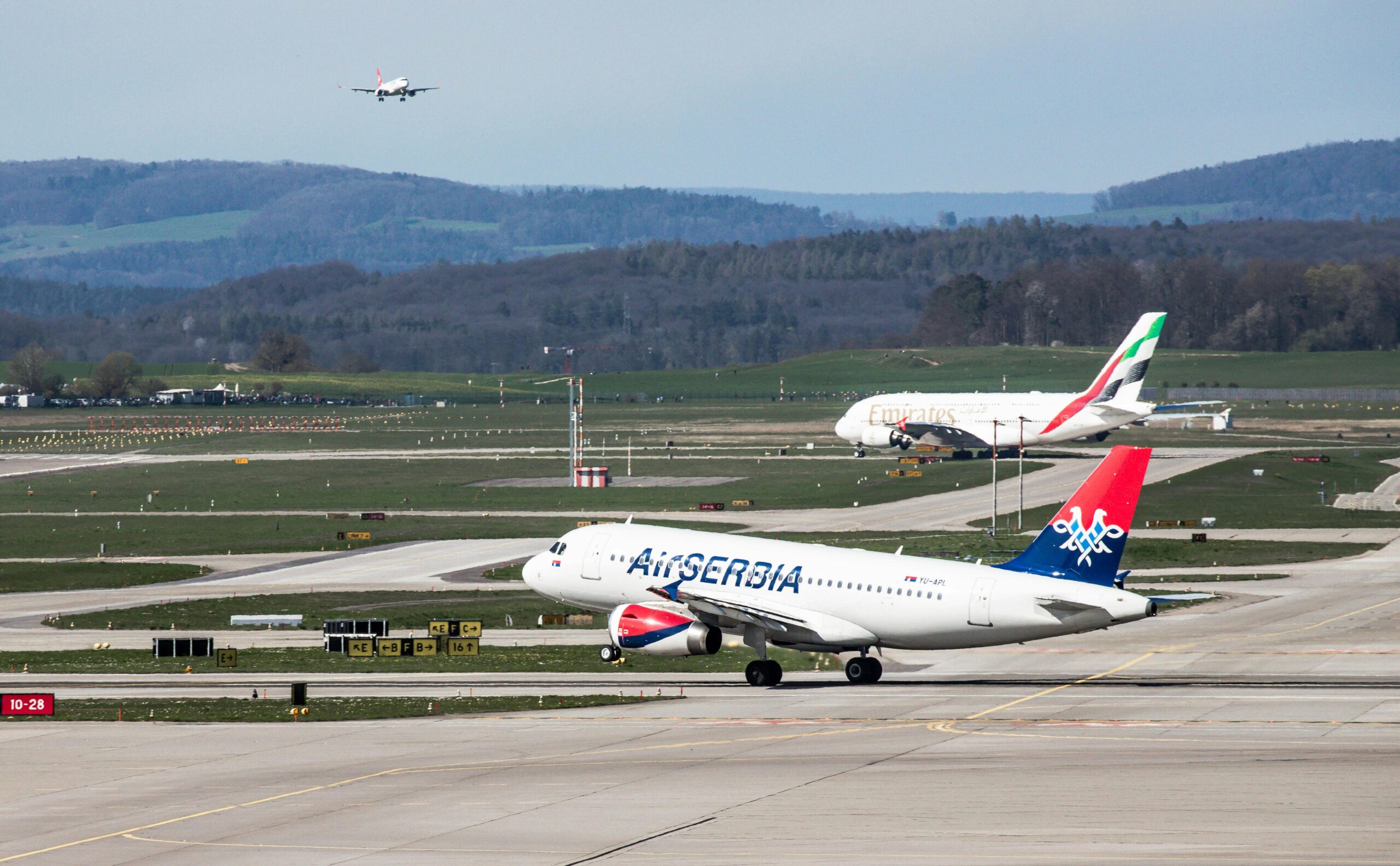The summer of 2024 has seen a resurgence of a familiar foe for Southern Europe: overtourism. From the sun-drenched beaches of Spain to the ancient ruins of Rome, popular destinations are once again grappling with the challenges of managing massive influxes of tourists. This phenomenon is often referred to as Southern Europe Overtourism.
The COVID-19 pandemic offered a temporary reprieve, but the return of “revenge tourism” has brought back the issues of overcrowding, strained resources, and rising tensions with local communities. Southern Europe Overtourism is evident in cities like Barcelona, Athens, and Rome, where residents have taken to the streets to voice their frustrations, demanding a more sustainable and responsible approach to tourism.
At the heart of the issue is the delicate balance between the economic benefits of tourism and its social and environmental costs. Southern European countries rely heavily on tourism revenue, but the strain on infrastructure, resources like water, and the affordability of housing for locals has become increasingly unsustainable. You can explore tourism statistics and economic impact reports on the World Tourism Organization website.
The protests in Palma de Mallorca, where activists rallied against the overwhelming number of tourists visiting the Balearic Islands, highlight the growing discontent. Southern Europe Overtourism is also witnessed in Barcelona, where activists resorted to spraying tourists with water pistols, a controversial tactic that underscores the escalating tensions. Learn more about the impact of tourism on local communities through research papers and case studies available on platforms like JSTOR.
Cities are experimenting with various measures to address overtourism, ranging from symbolic entry fees in Venice to outright bans on short-term rentals in Barcelona. Amsterdam’s efforts to curb rowdy tourism and Copenhagen’s initiatives to incentivize sustainable tourist behavior offer alternative approaches. The OECD provides insights into policy options for managing tourism and its impacts.
Finding a long-term solution requires a multifaceted approach that involves data-driven decision-making, active engagement with local communities, and a combination of policies tailored to each destination’s unique challenges. The United Nations Sustainable Development Goals offer a framework for addressing the environmental and social dimensions of tourism.
As Southern Europe navigates this complex issue, the need for collaboration between governments, tourism industries, and local communities is more critical than ever. The future of Southern Europe Overtourism impacts the region’s tourism, and finding a path that balances economic prosperity with the well-being of its residents and the preservation of its cultural and natural heritage is essential. Explore resources and best practices for sustainable tourism development on the Global Development Research Center website.
Related stories:
Catch up on the top stories and travel deals by subscribing to our newsletter!











Leave a Reply